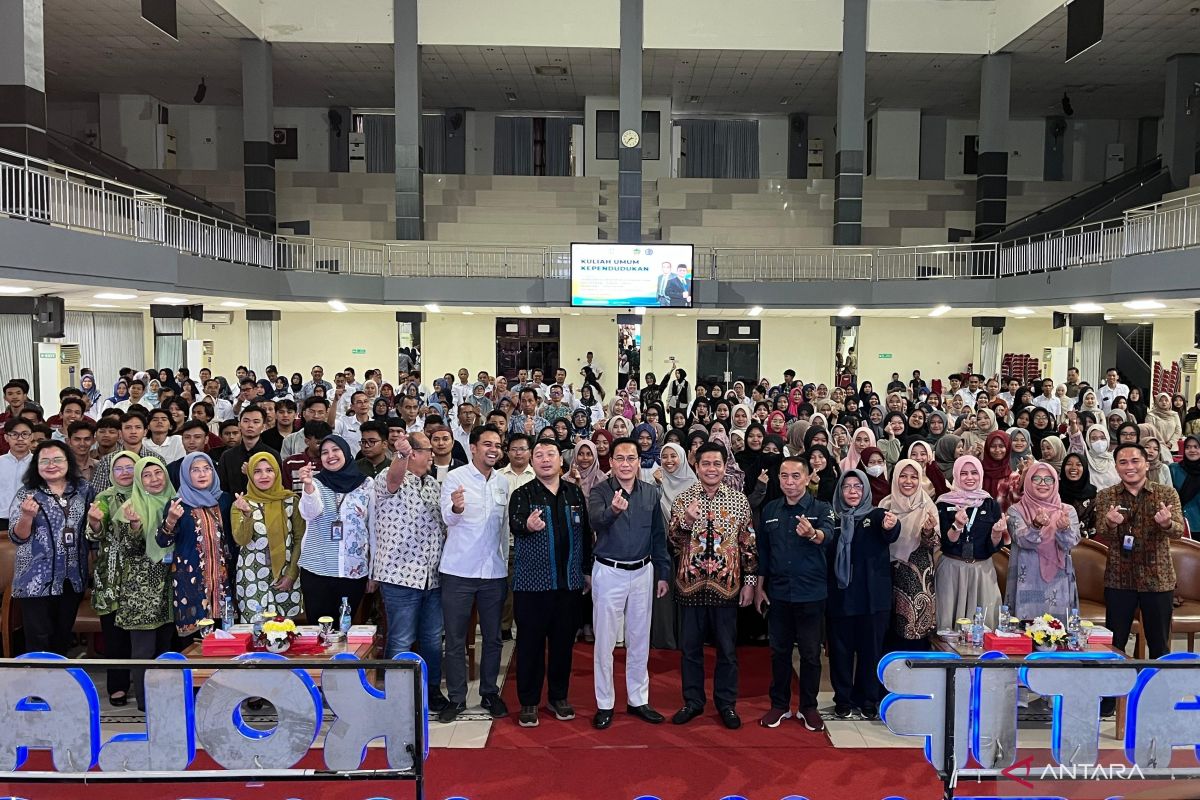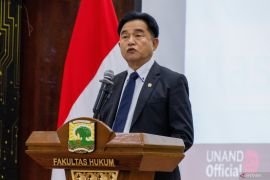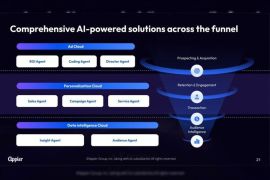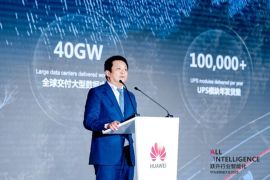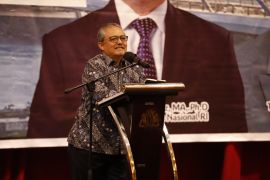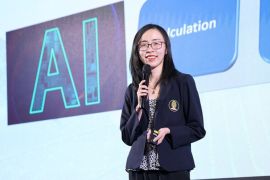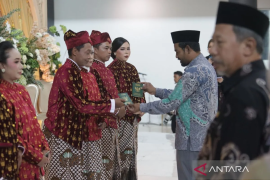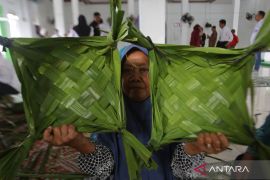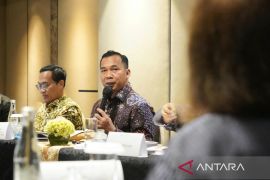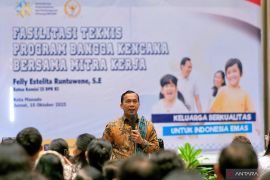The ministry's Secretary Budi Setiyono noted in an official statement here on Monday that it is crucial to create a roadmap that includes identifying future employment needs, mapping relevant competencies, and involving the community in the transition process.
"Each region needs to develop its own strategy. Local governments must be able to anticipate the emergence of new types of jobs and prepare their human resources from now. We must not be trapped in outdated skills that are no longer relevant," he stressed.
Related news: Indonesia ropes in Google to train teachers in coding, AI
He emphasized that the GDPK is essential to ensure the transformation process does not leave any community group behind and to ensure that young people become the agents of change.
"This is the time for us to instill values of life that are well-planned, adaptable, and future-oriented. Young people are not just spectators; they are the main actors of change," he stated.
He also highlighted the importance of creating sustainable development strategies that integrate technological advancements and human resources, as the goal of realizing 2045 Golden Indonesia cannot be separated from young people's readiness to face the digital revolution.
Setiyono further noted that technological advances always have two sides: positive potential and destructive risks.
"Technology, including AI, has extraordinary potential. We can utilize it to speed up analysis and improve efficiency in production and services, but there are also negatives, such as reduced natural processes because of over-reliance on AI," he remarked.
Related news: Indonesia explores cooperation in AI, digital tech with UK
Translator: Kenzu Tandiah
Editor: Rahmad Nasution
Copyright © ANTARA 2025
